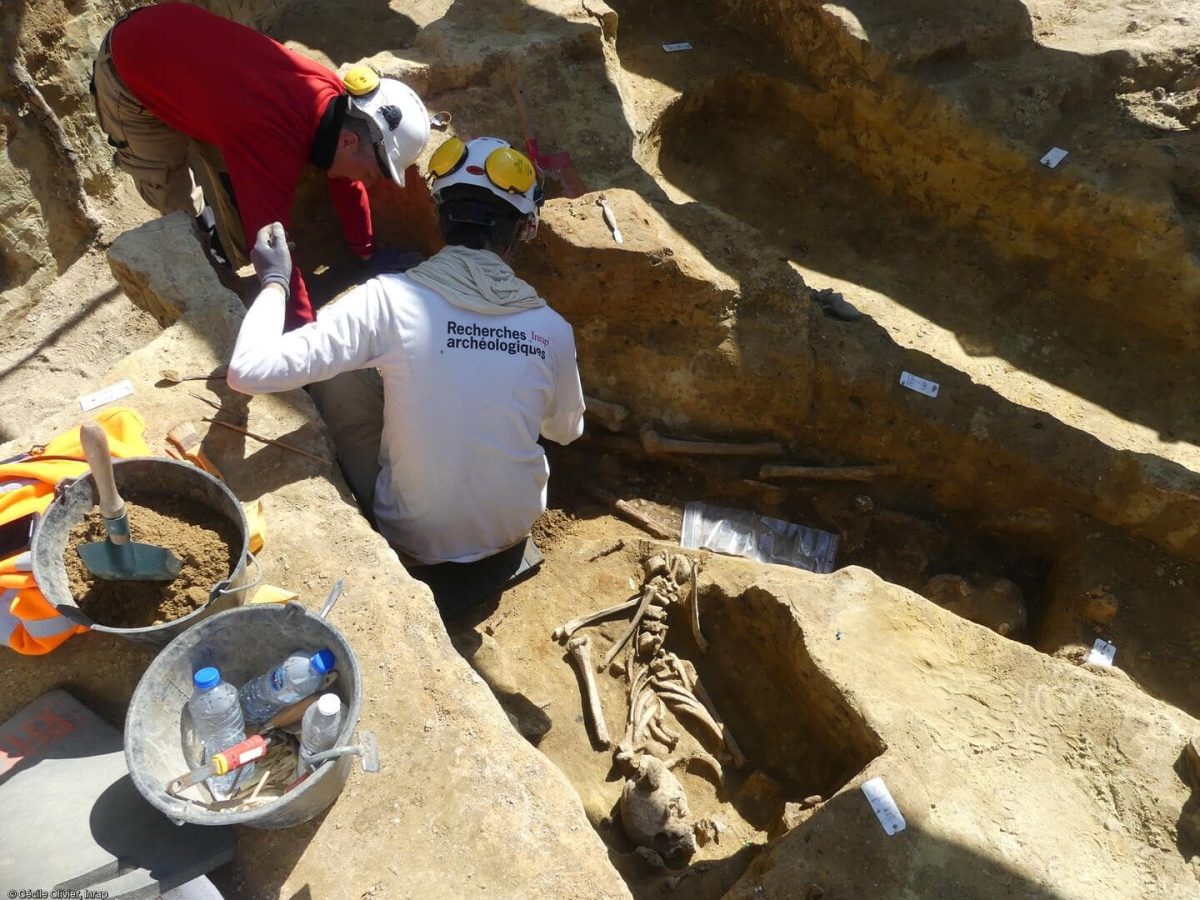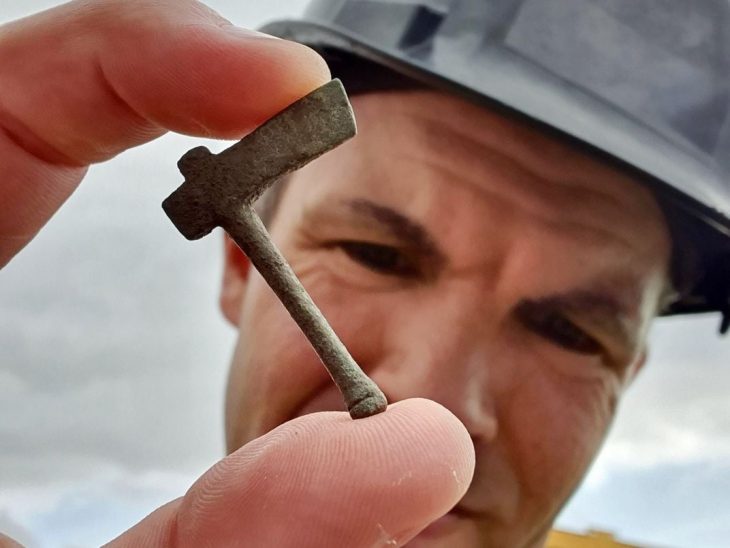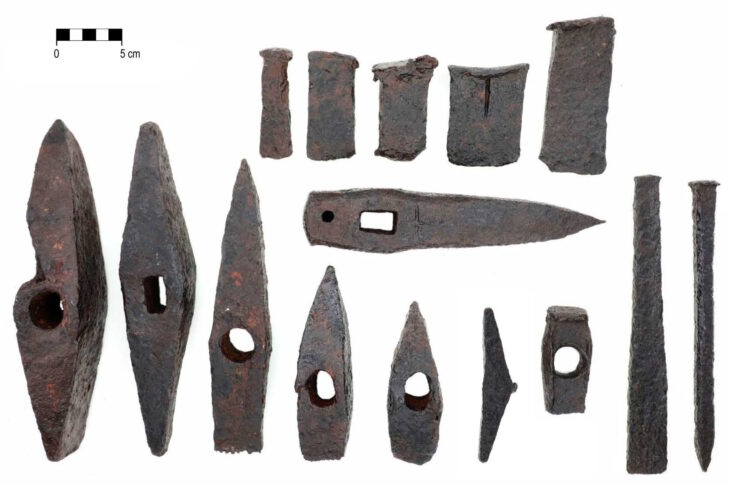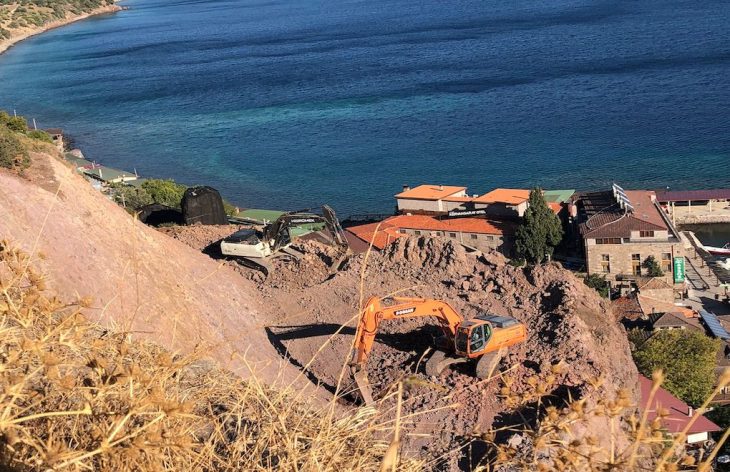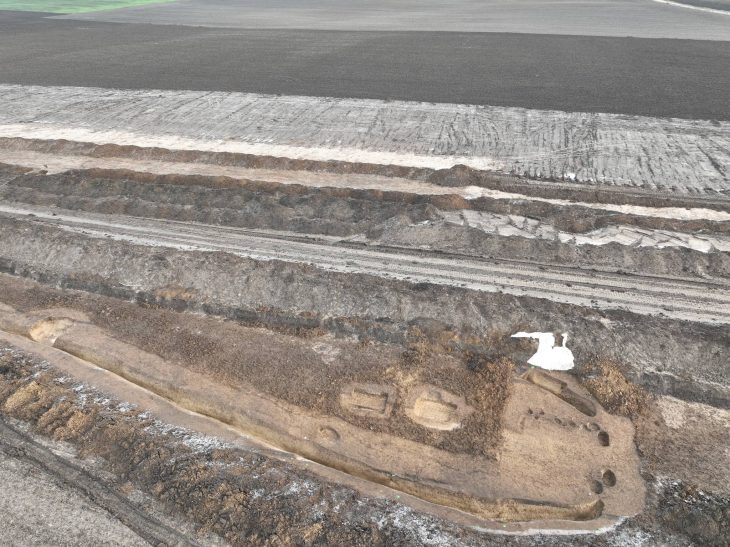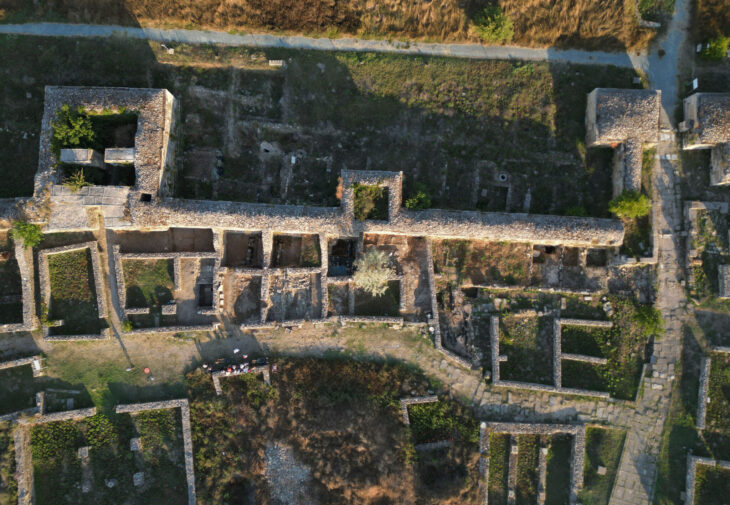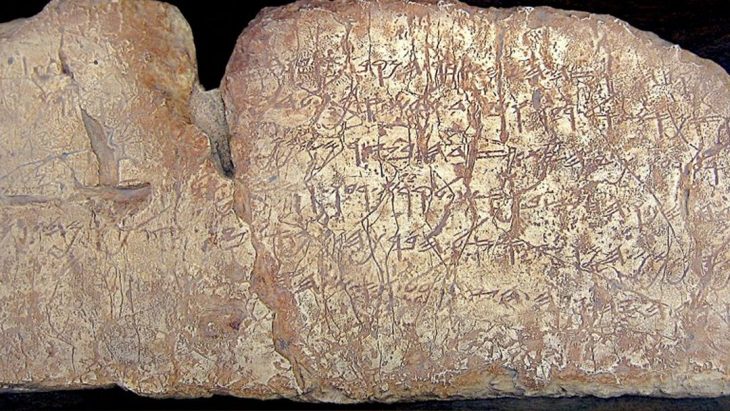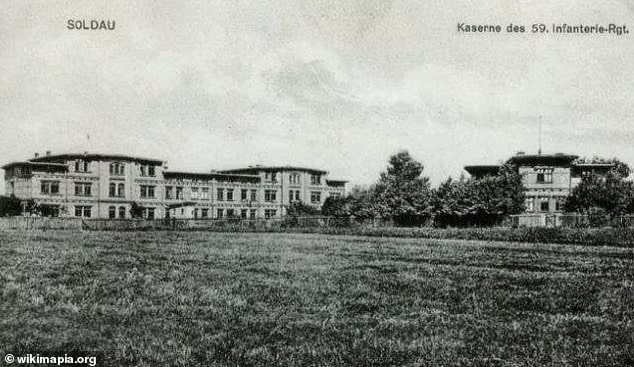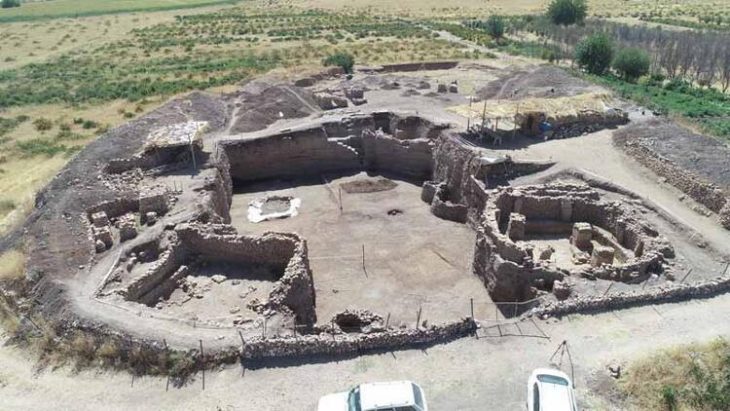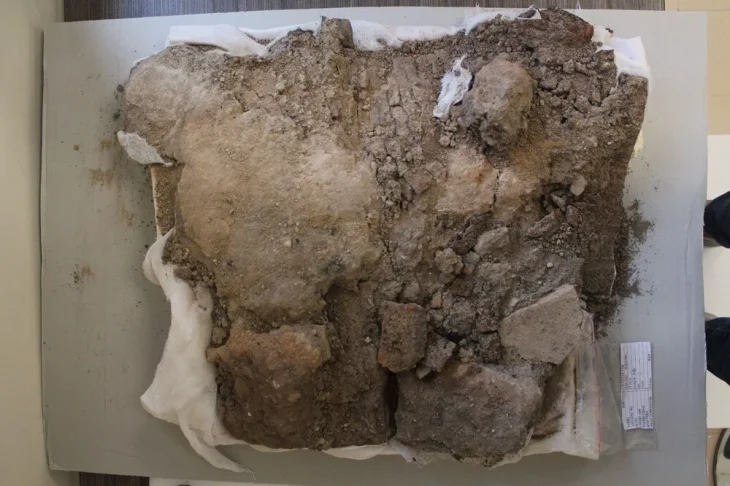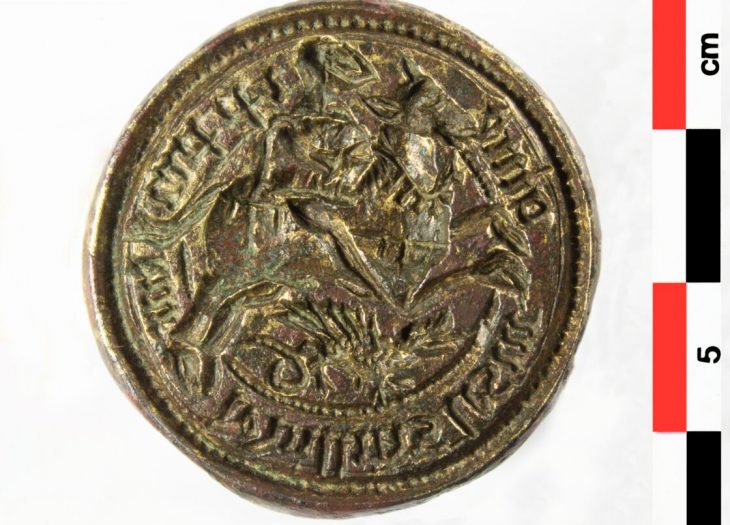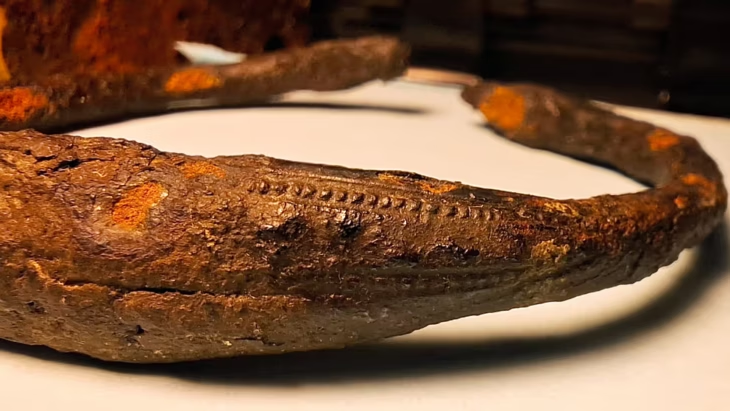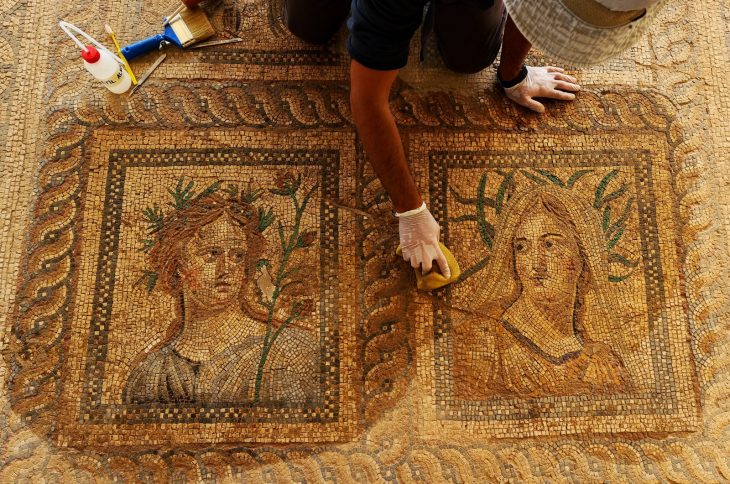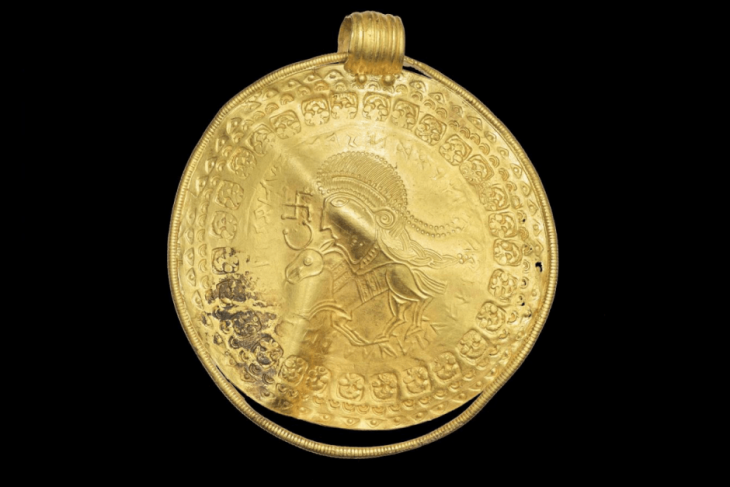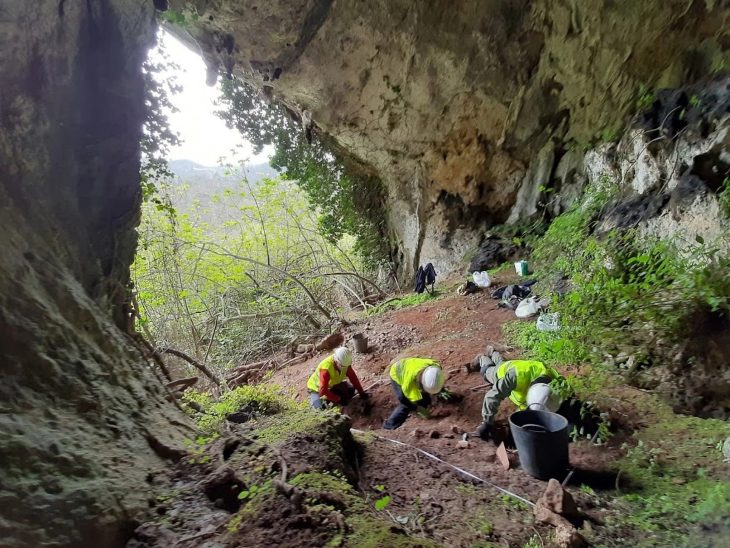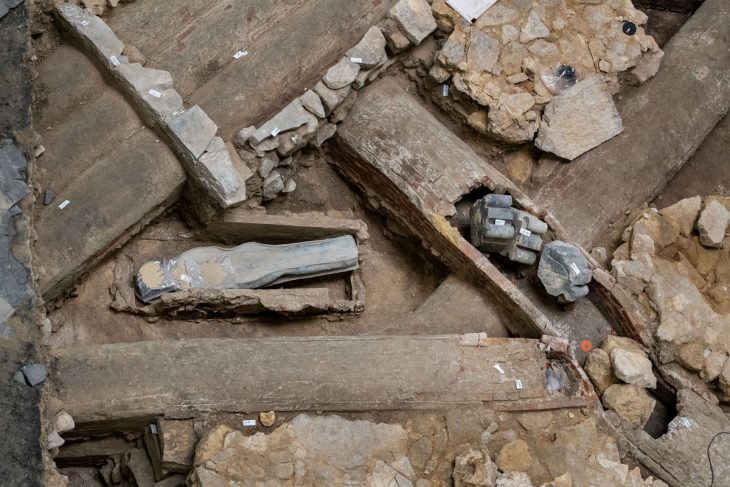Archaeologists have discovered 50 tombs in an ancient necropolis just meters from a busy train station in central Paris, and these tombs belong to a lost necropolis of the Gallo-Roman city of Lutetia, the predecessor of present-day Paris.
These graves provide a rare look at life in Lutetia, the city that predated Paris by nearly 2,000 years.
Despite numerous road works over the years, as well as the construction of the Port-Royal station on the historic Left Bank in the 1970s, the buried necropolis was never discovered.
Only after plans for a new station exit were announced did France’s National Institute of Preventive Archaeological Research (INRAP) open a series of test trenches covering 200 square meters (2152.78 sq ft) of land around the station.
The excavation revealed burials believed to be part of the Saint Jacques necropolis dating back to the 2nd century, the research institute said in a news release.
📣 Our WhatsApp channel is now LIVE! Stay up-to-date with the latest news and updates, just click here to follow us on WhatsApp and never miss a thing!!
Camille Colonna, an anthropologist at INRAP, told a press conference that there were already “strong suspicions” the site was close to Lutetia’s southern necropolis.
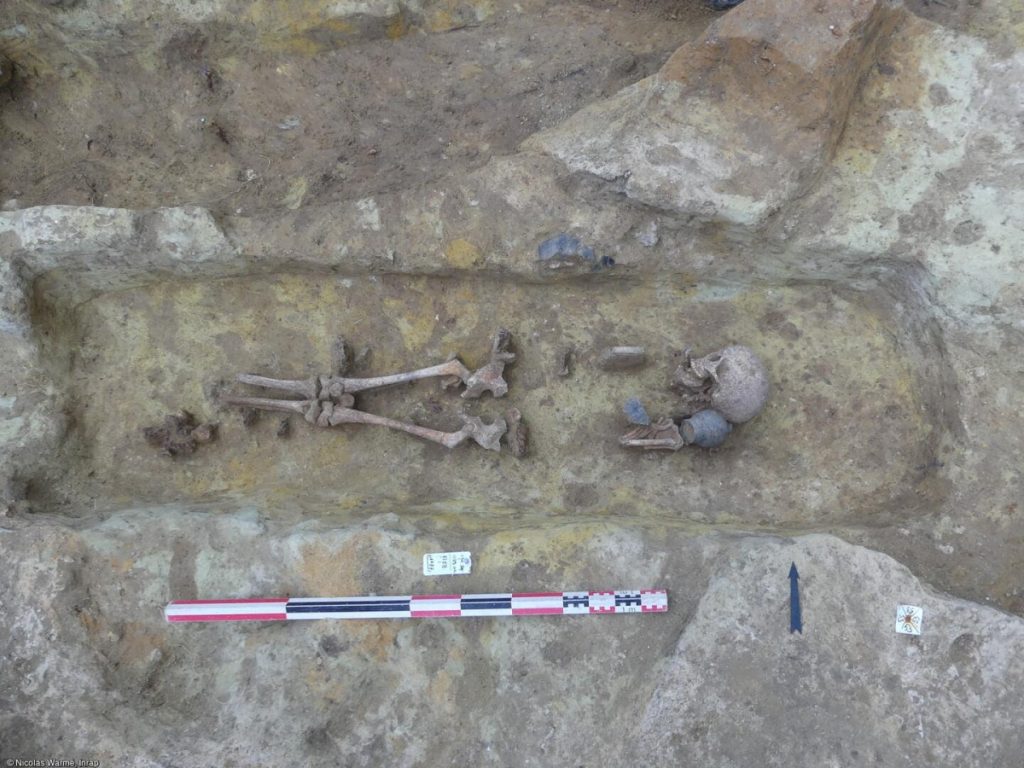
The Saint Jacques necropolis, the most important burial site in the Gallo-Roman town of Lutetia, was previously excavated in the 1800s. However, only objects considered precious were taken from the graves, with the many skeletons, burial offerings, and other artifacts abandoned. The necropolis was then covered over and again lost to time.
The INRAP team discovered one section that had never before been excavated.
“No one has seen it since antiquity,” said INRAP president Dominique Garcia.
Colonna also stated that the team was “very happy” to have discovered a skeleton with a coin in its mouth, which allowed them to date the burial to the 2nd century A.D.
The excavation has uncovered 50 graves, all of which were used for burial — not cremation, which was also common at the time.
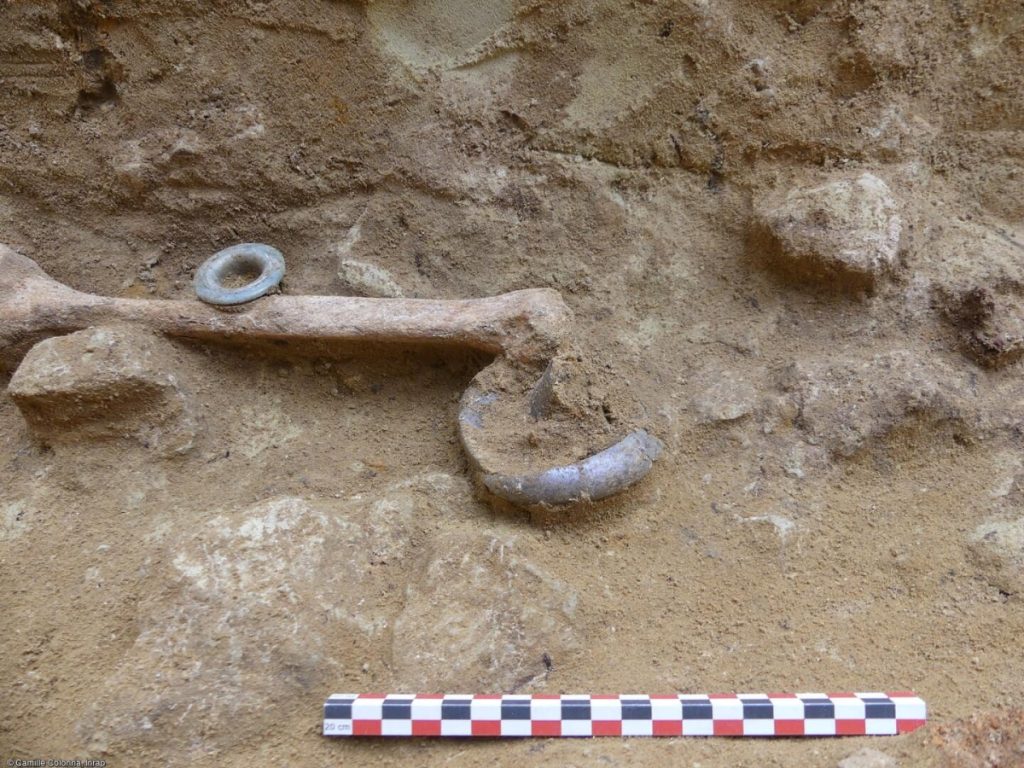
The remains of the men, women, and children are believed to be Parisii, a Gallic people who lived in Lutetia, from when the town on the banks of the Seine river was under the control of the Roman Empire.
The Parisii were skilled in agriculture, metallurgy, and long-distance trading and lived in the area around the south banks of the Seine River in Paris during the 2nd century AD. The Parisii founded Lutetia (now Paris), and despite fierce resistance to the Roman conquest, they were subjugated in the first century BC.
Ceramic jewelry, hairpins and belts, jug goblets, dishes, glassware, and other grave goods have been recovered to help date the burials. According to INRAP, the positions of hundreds of small iron nails, that attached soles to leather shoes, informed the archaeologists that while some were placed on the feet of the interred, others had been buried with shoes on either side of the bodies as a type of offering.
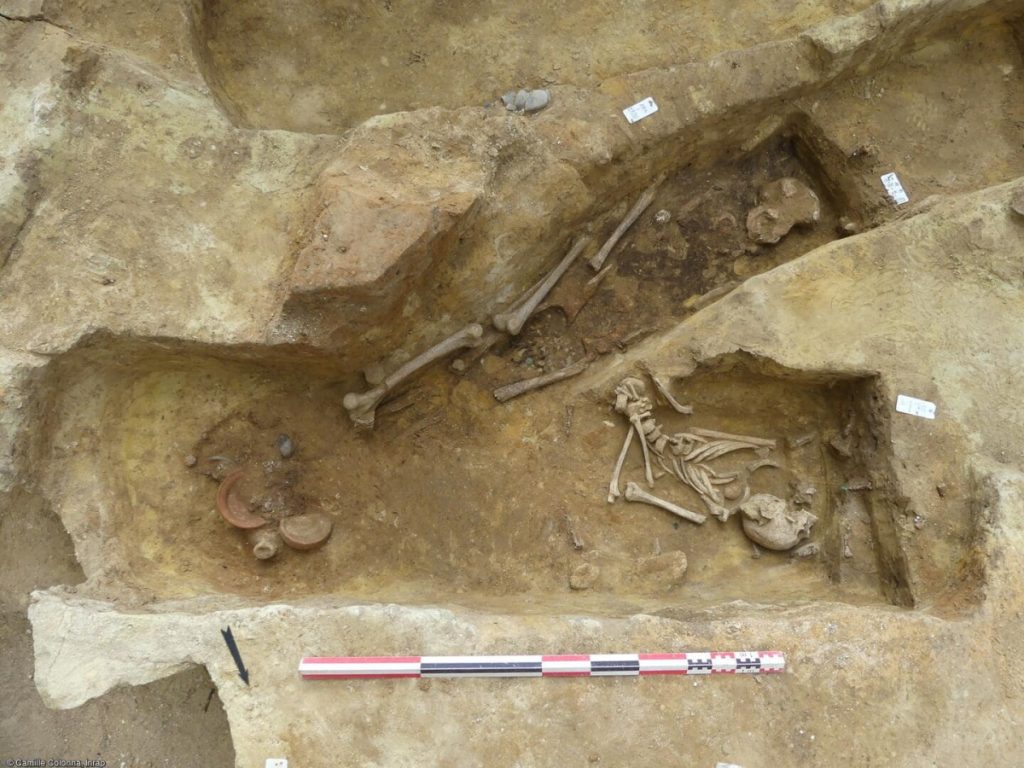
The entire skeleton of a pig was found inside one coffin, and the remains of another small animal were found inside what is thought to have been a sacrifice pit for the gods. Furthermore, a coin was found lodged inside the mouth of a buried person. The coin, known as “Charon’s obol,” reflected the story of Charon in Greek mythology, in which a coin was given to the ferryman of Hades to transport the souls of the deceased across the river Styx.
INRAP president Dominique Garcia said that the ancient history of Paris was “generally not well known,” adding that the unearthed graves open “a window into the world of Paris during antiquity.”
Unlike the excavation in the 1800s, this time the team plans to remove everything from the necropolis for analysis.

